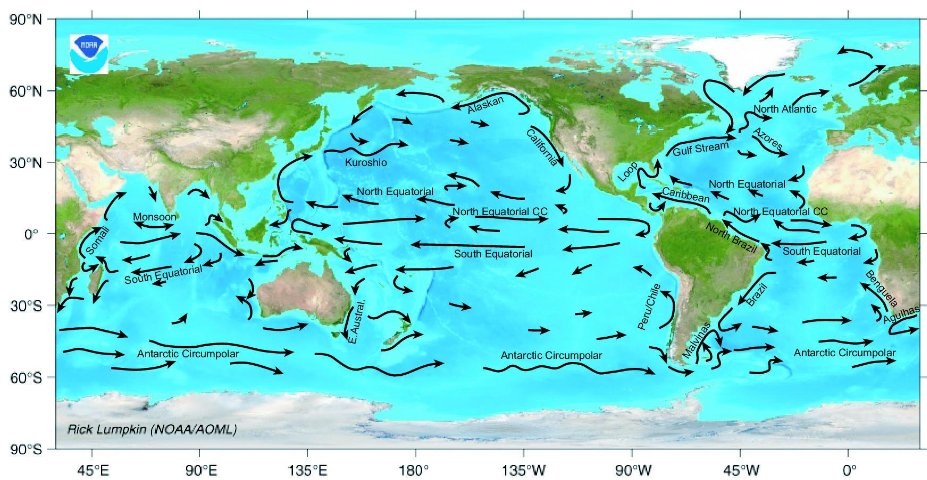

Beam me to Planet Gore !
Posted on 05/23/2008 8:50:11 AM PDT by crazyhorse691
A study finds that greenhouse gases combined with a natural carbon cycle are threatening sea life
Scientists have known for a while that greenhouse gases associated with global warming steadily make ocean water more acidic, a threat to coral, shellfish and smaller shell-forming creatures that serve as food for young salmon and other fish.
On Thursday, a team of researchers from the Northwest and elsewhere delivered worse news: The acidity is much higher than expected in the ocean just off the West Coast, hitting the relatively shallow waters of the fruitful continental shelf during spring and summer.
Result: Modern life, dependent on burning fossil fuel, is throwing the ocean a serious challenge with unknown long-term consequences.
The findings are "truly astonishing," said Richard Feely, an oceanographer with the federal Pacific Marine Environmental Laboratory in Seattle and one of the authors of the study, published online in the journal Science. Ocean life and coastal economies could be "vulnerable much sooner than anyone suggested," Feely said, and more acidic water "may be seriously impacting marine life on our coast right now, today."
The researchers cruised the Pacific in May and June of last year on an Oregon State University research boat, taking samples of coastal water from Canada to Mexico.
They were surprised to find high acidity water at low depths. Near Crescent City, Calif., about 20 miles south of the Oregon border, they found water at the ocean's surface with an acidity level high enough to inhibit shell growth, something scientists didn't expect to find until 2050.
Carbon dioxide is a greenhouse gas that contributes to global warming by trapping heat in the atmosphere. Oceans have helped offset that effect by absorbing about a third of the carbon dioxide produced by humans, the researchers said. But carbonic acid forms when carbon dioxide reacts with water, increasing the ocean's acidity, or lowering its pH. At a pH of about 7.75, shells begin to dissolve faster than their hosts can create them.
Burke Hales, an OSU professor of chemical oceanography and a member of the research team, said the year to year increases in acidity are small and more study needs to be done on their biological effects.
There's a huge seasonal variation in acidity along the West Coast, sea creatures have likely been exposed to elevated levels for some time, and some organisms could adjust well to higher acidity -- "it may not be that we're talking about wholesale death and destruction," he said.
But West Coast waters are naturally up to the brink of acidity levels hospitable to many shellfish and other ocean organisms, Hales and other researchers said. And the system is changing much faster than it has in the past.
The natural system has put us close to the edge," Hales said. Manmade emissions "are starting to push us over."
Shallow nearshore waters naturally rise in acidity in spring and summer, when the northwest winds blow and colder, deeper carbon-rich water rises up along the coast. Deep water, farther away from atmospheric oxygen and beneath organisms that produce carbon dioxide, naturally has higher carbon levels and acidity.
But the sampling indicated that manmade carbon emissions boosted the carbon content of the upwelled water by roughly 10 percent, the researchers said, enough to increase acidity and push the shallow waters to the tipping point.
Were it not for the manmade emissions, the depth at which shellfish are in danger would have been 150 feet deeper coastwide, the researchers said, keeping it off much of the continental shelf. It would not have reached the surface anywhere.
The disturbing twist, Hales said: The upwelled waters the researchers measured in 2007 were last at the ocean's surface -- and absorbing manmade carbon dioxide -- 50 years ago.
Given steep increases in carbon dioxide emissions since the 1950s, the long-term cycle means spring and summer acidity levels are likely to rise for another 50 years off the West Coast, he said, no matter what steps are taken to reduce carbon emissions now. The chemical signature of the carbon dioxide makes clear it is from fossil fuel combustion and not natural sources such as volcanoes, the researchers said.
Periodic dead zones along the coast will also amplify carbon loads and acidity as organisms decay.
"This is where the train has left the station," Hales said. "We've got 50 years' worth of corrosive water on the way. How the system will react, we don't know."
The research team included scientists from Mexico, Canada and the U.S. National Oceanic and Atmospheric Administration. To see a free abstract of their report, "Evidence for Upwelling of Corrosive 'Acidified' Water onto the Continental Shelf," go to www.sciencemag.org/sciencexpress/recent.dtl.
Scott Learn: 503-294-7657; scottlearn@news.oregonian.com. For environment news, go to: oregonlive.com/environment
I’m so glad we’re all gonna die and the sweet animals will inherit the ravaged earth and make it better again.
Bump!

The sky is falling....the sky is falling....!!!!! Sarc. LOL
Really? Are submarine volcanos taboo to talk about?

sea creatures have likely been exposed to elevated levels for some time, and some organisms could adjust well to higher acidity -- "it may not be that we're talking about wholesale death and destruction," he said.
Given steep increases in carbon dioxide emissions since the 1950s, the long-term cycle means spring and summer acidity levels are likely to rise for another 50 years off the West Coast
Rock solid science I tell ya ...
Well it would be even better if we could restore the Indians Native Americans to the land, because the are such good stewards as opposed to the evil white man.
The enviro-wackos are starting to see the writing on the wall.
Their globull warming hoax is about to fall apart and they
need a new one.
Mike
I am, however, preparing for the worst, though, since global warming has decided to cause tornadoes during the spring months. Unprecedented, I tell you.
I do predict that global warming will cause the temps to rise in the next few months, then take a break around late september.
Oh no, all those vents fissures and volcanoes have no effect at all. Its all man’s fault and we have to fix this right now. Give us money! Mike
And let's see - this has happened how many hundreds of times over the life of the planet?...And we still have little fishies, and shrimps, and crabs, and oysters........

yer right...I fergot that one.
I’ve always been under the impression that carbonate (-co3)was a natural buffer that resisted large changes in pH.
Is that a REAL picture, or a photo shop? Just wondering...

Disclaimer: Opinions posted on Free Republic are those of the individual posters and do not necessarily represent the opinion of Free Republic or its management. All materials posted herein are protected by copyright law and the exemption for fair use of copyrighted works.